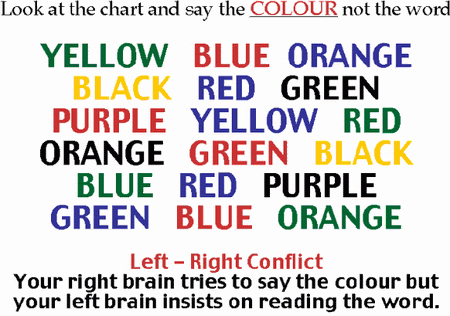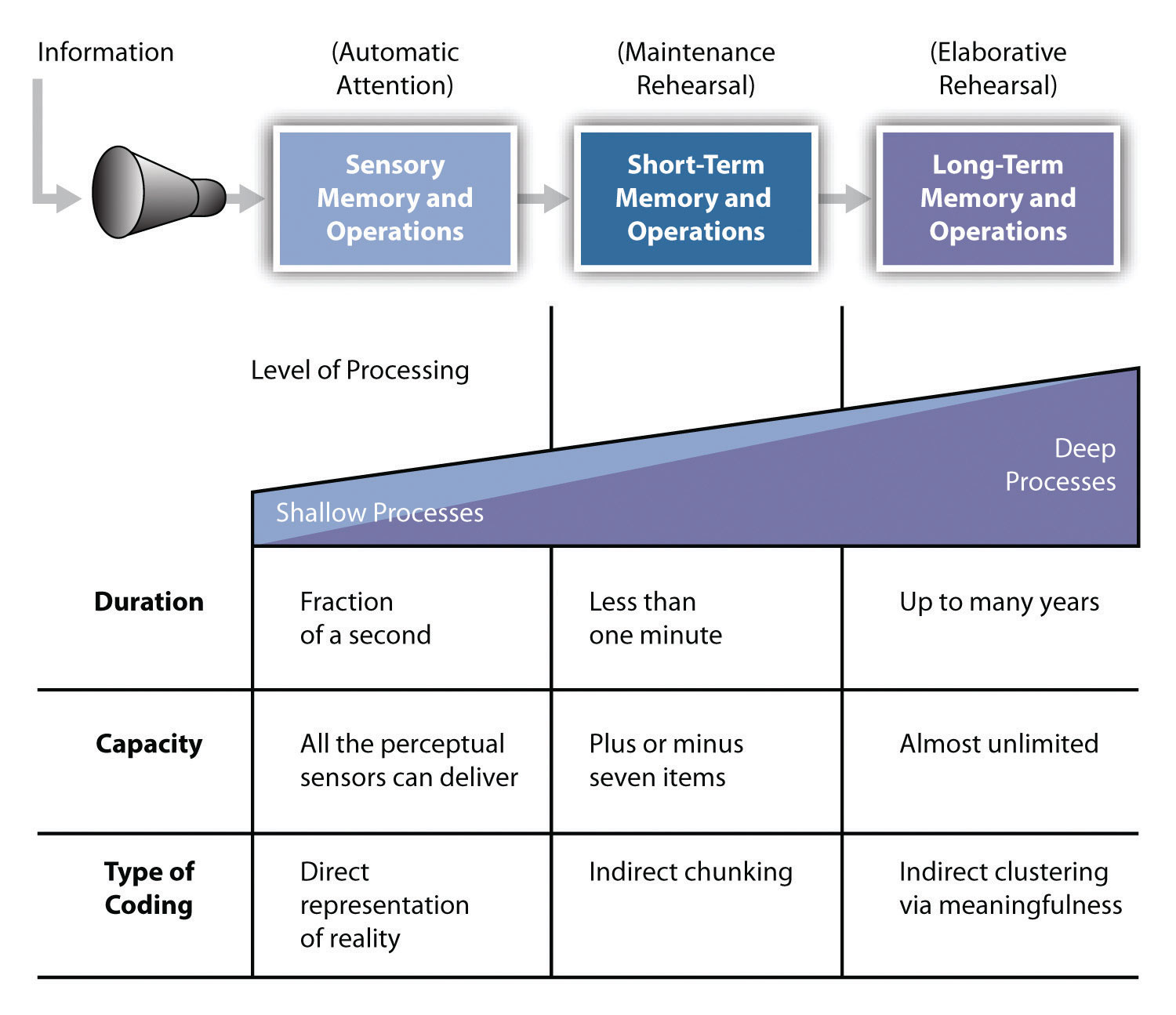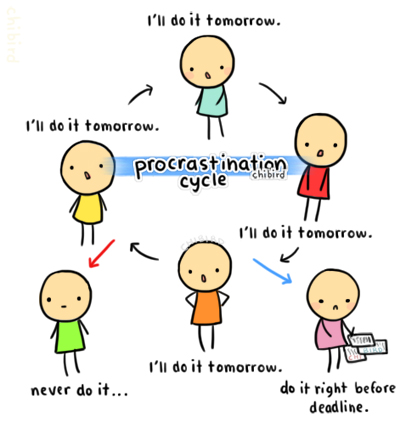> Lectured by Miss Shamsinar Binti Rahman <
(She's also advisor in RB2D class)
OVERVIEW
- Understanding Memory Processes
- Memory Strategies
- Understanding Concentration
- Strategies For Improving Concentration
- Reading/Study System (SQ3R)
"knowledge comes with learning, skill comes with experience. ATTITUDE never comes, developed..!" (Vishaak)
Why you need to learn study skills?
- Study skills or academic skills or study strategies are approaches applied to learning.
- Study skills not ONLY helps you succeed academically, It WILL also help you do well in life.
- WITHOUT effective study skills you will become overwhelmed and discouraged.
The Pyramid Learning
BRAIN VS MEMORY
Brain:
Memory:
- Memory allows us to remember facts and experiences.
- Consist of encoding, storing information, and retrieval, making that information available for recall.
- When we see or experience something, it leaves a trace in our brain.
What is learning?
- Learning, unlike memory, it's NOT about storing information. BUT, LEARNING IS A BEHAVIOR.
- Learning is about acquiring information, memory about storing it.
- In a way, you could say that learning is a process, and memory is the record of the process.
Computer Analogy
A) Understanding Memory Processes : Computer Analogy
How forgetting could occur?
- Encoding / input (computer - keyboard, camera; human - the 5 senses: ears, mouth, nose, skin, eyes)
- Storage (Computer - hard disk, thumb drive; human - 3 types of memory - SM, STM, LTM)
- Retrieval / output (computer - computer screen, printer; human - writing, talking)
Recall
- Weakness to recall the information of long-term memory is synonym as "forget"
- The ability of the brain can improve through various stimuli, advice, nutrition, exercise, training, practice and taboo.Spiritual practices including prayer, worship, and taqwa can nourish and activate brain cells
- Did not pay attention to the information
- Did not understand the information
- Cramming (last minute study)
- Did not have good strategies
- Interference (having 2 exams on same day especially if the subjects are closely related for example psychology and counselling)
- Test anxiety (negative thoughts about oneself, did not prepare well for the test)
Memory strategies
- Memory strategies refer to any of a broad set of techniques that are designed to help one remember.
- Such strategies range from everyday, external aids (e.g. using a planner) to internal memory strategies (e.g. mnemonic devices) that facilitate storage and retrieval from long-term memory.
- Memory strategies will help students in their encoding, storing and retrieving the information (help to remember and recall).
B) Memory strategies (How to Improve Your Memory)
1.Massed practice vs Space practice
The different between massed practice and space practice is the time. For the messed practice, study all material at one time, the person don't have time to understand,remember, organize the reading materials because short-term memory (STM) cannot sustain many information at one time. This different to space practice, it involves space time over some period of time for studying.Taking breaks between learning sessions allow you to think and organize the information because space practice allows the time for the information to consolidate in the long-term memory (LTM). So that I recommend to do the space practice.
2.Break reading material down
- (again no cramming ) for some period of time e.g. 2 chapters per day not all chapters a day before the exam.
3.Rehearsal
- Repeat the information many times.
4.Elaboration strategies
- Associations : To associate, or "connect" each word or event with person, place, thing, feeling, or situation, e.g: vertical vs horizontal
- Acronyms / catchwords : e.g. MAS - Malaysian Airlines System; UiTM - University Technology MARA
- Acrostics / catchphrases : e.g. NASA, one could remember the catchphrase No Astronaut Stays Around
Visualize the image of information
5.Organizational Strategies
- Organize the material
C) Understanding concentration : Strategies for improving concentration
- Concentration - focusing your attention on what you are doing
- Causes of poor concentration
- >Lack of attention
- >Lack of interest
- >Lack of motivation
- >Distraction from others
- >Uncomfortable environment
- >Physiological matters - Illness, tiredness
- >Physiological matters - personal problems, worries, anxieties
D) Strategies for improving concentration
- use motivational and organizational strategies
- >create interest in the work (if reading boring, than takes notes/ do mind maps)
- >develop a positive attitude toward your work (tell yourself you can do it)
- >use goal setting strategies (set your goal,e.g: complete before raya)
- >use time-management strategies (use to-do list, planner, calendar etc)
- Create a positive learning environment
- >find a better location (seat at the front in class,study at library)
- >reduce multitasking (open book,stop use technology)
- Deal with internal distractions
- >deal with personal problems
- >deal with competing activities
- use active learning strategies (as discussed in improving memory)
- match your earning style to the task
- Monitor your concentration (if you're daydreaming put a check mark and count the no of interruptions)
E) Reading / Study system (SQ3R)



















No comments:
Post a Comment